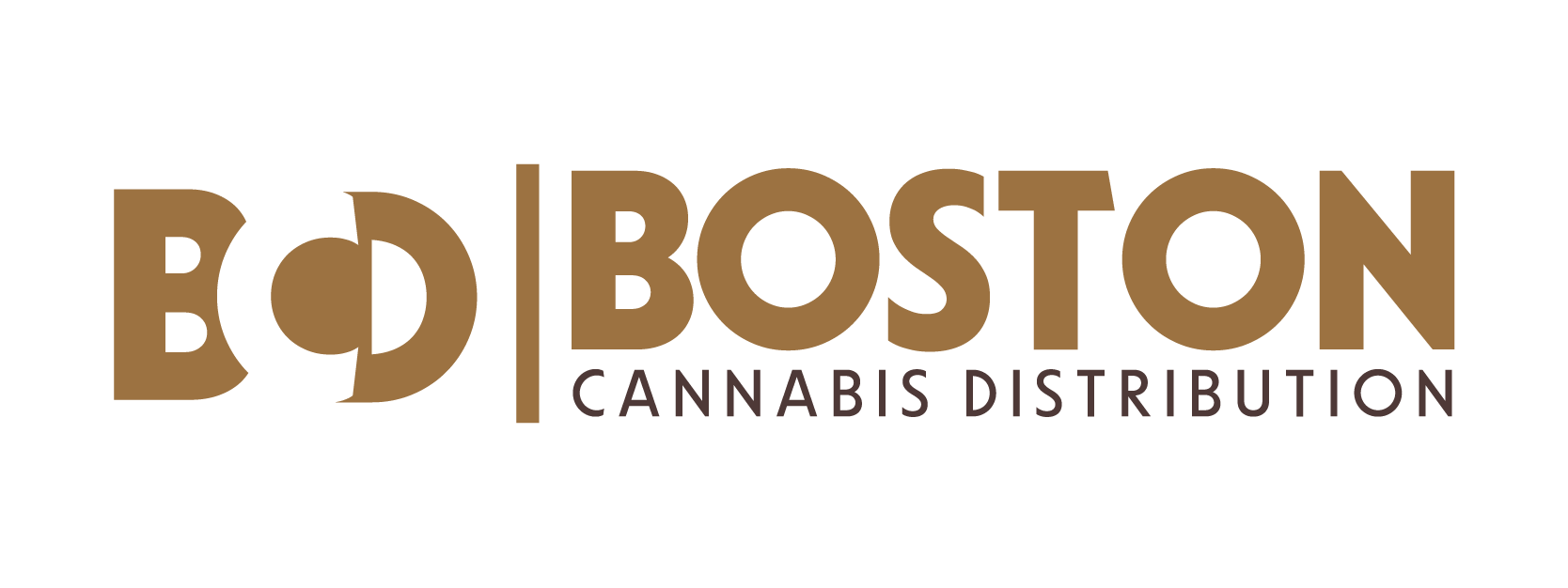Boston’s regulated cannabis industry is increasingly contributing to economic growth through robust tax revenues, job creation, and municipal reinvestment, yet its impact remains modest relative to Boston’s broader fiscal ecosystem.
State and Local Tax Revenue
Massachusetts levies a 10.75% state excise tax and allows up to a 3% local tax on adult-use cannabis sales. In 2024, statewide gross sales totaled a record $1.64 billion, contributing hundreds of millions to state and municipal budgets. As of FY 2022, Boston-area local-option cannabis tax collections contributed nearly $20 million, growing to over $31 million in FY 2021. Though relatively small compared to Boston’s $4.6 billion annual revenue, cannabis excise and local-option tax fall under the city’s “other revenues” bracket—totaling around $826 million in FY 2025.
Sector Contributions and Reinvestment
Cannabis tax revenue supports targeted local initiatives. State-level excise tax funds include public education, healthcare, and community reinvestment programs. Notably, some Massachusetts revenues have funded enhancements to the MBTA, directly benefiting Boston transit users. Additionally, Boston’s own equity ordinance—the nation’s first city code prioritizing diversity in cannabis licensing—drove regulatory frameworks that guide reinvestment and industry growth.
Economic Projections and Limitations
Analysis by the Massachusetts Department of Public Health initially projected state gains of $215.8 million in the first two years of adult-use sales, with municipal benefits ranging from roughly $233,000 to $2.9 million, depending on population density. Modeling suggested that Boston, as a dense urban center, likely sits toward the high end—yet those amounts represent only a portion of city finances. Meanwhile, Boston’s reliance on property tax continues: over 70% of its revenue is derived from property holdings, with excise taxes making up about 6%.
Industry Headwinds
Despite impressive revenues, the cannabis industry faces challenges—oversupply, federal restrictions, and regulatory turbulence hamper sustained investment and limit expansion within Boston’s broader economic framework.
Final Thoughts
Cannabis tax dollars are indeed being funneled into Boston’s economy through city and state budgets, transit improvements, and equity-driven regulatory structures. While meaningful, these contributions are modest in scale—complementing but not transforming Boston’s fiscal base, which remains heavily dependent on property taxes. Additionally, pressures such as market overcapacity and federal policy constraints may restrict future growth. Thus, cannabis should be viewed as a valuable, albeit supplementary, engine for economic development rather than a cornerstone.

